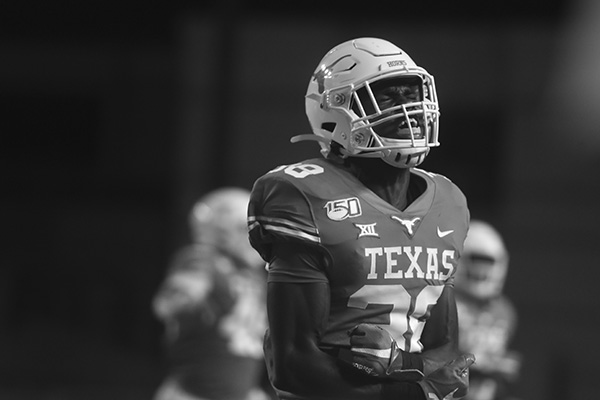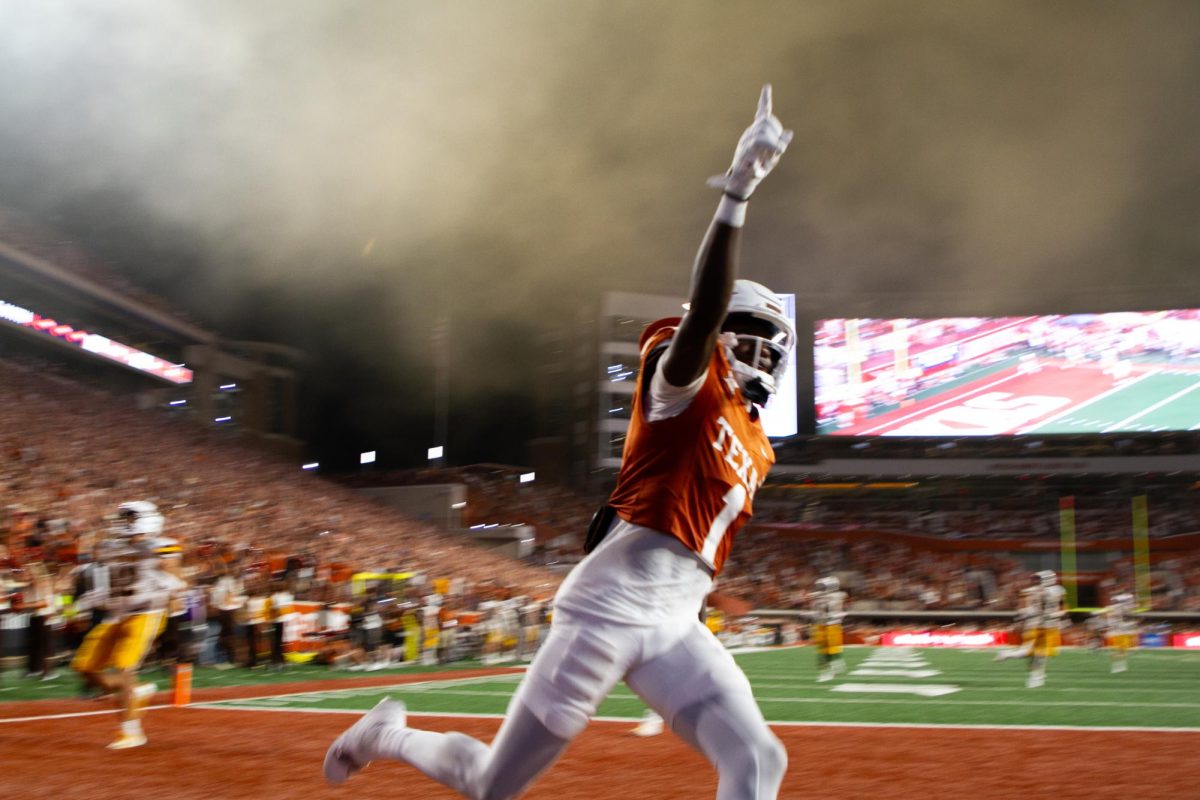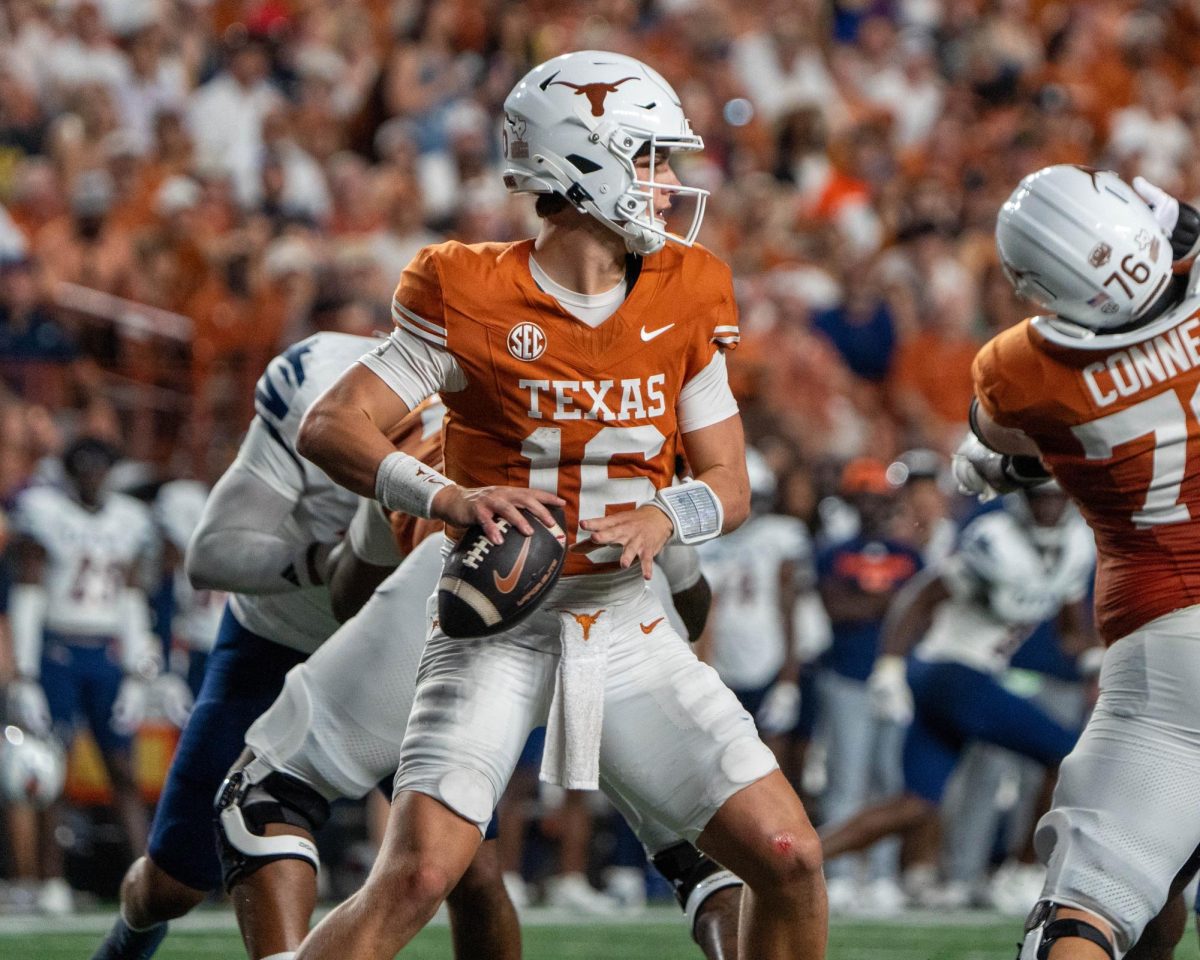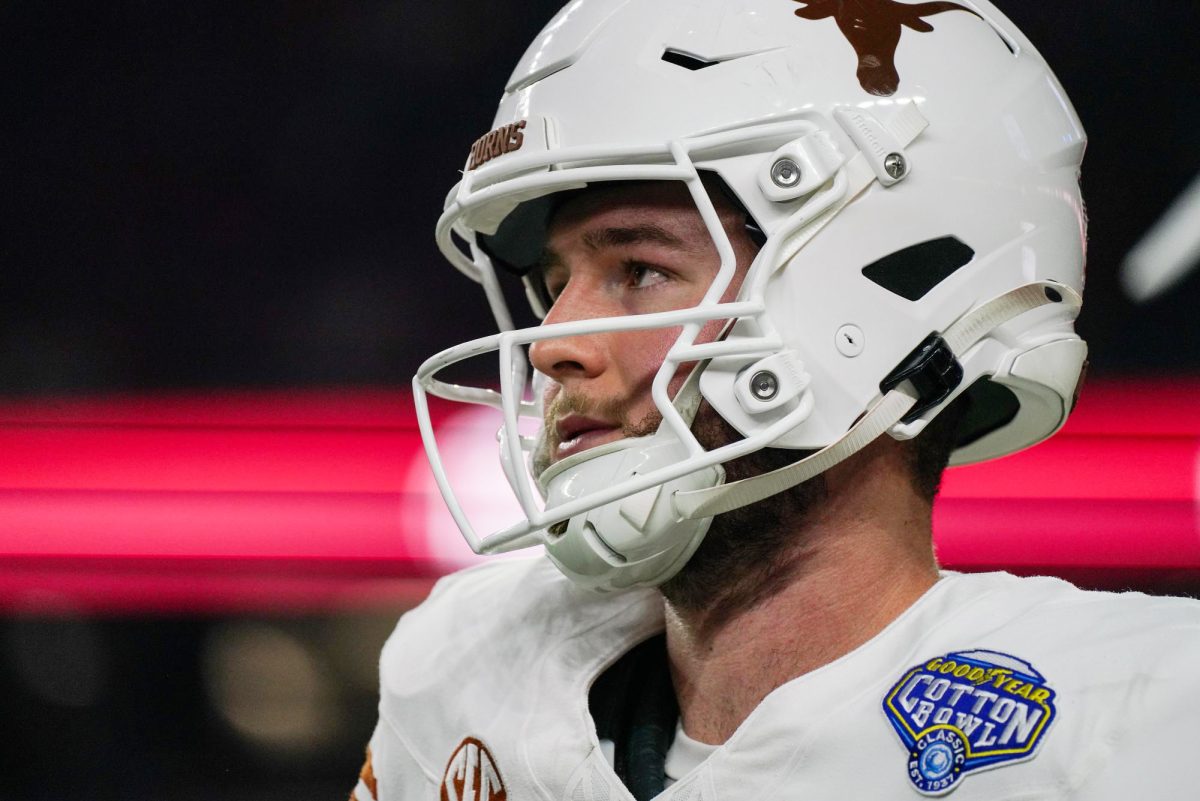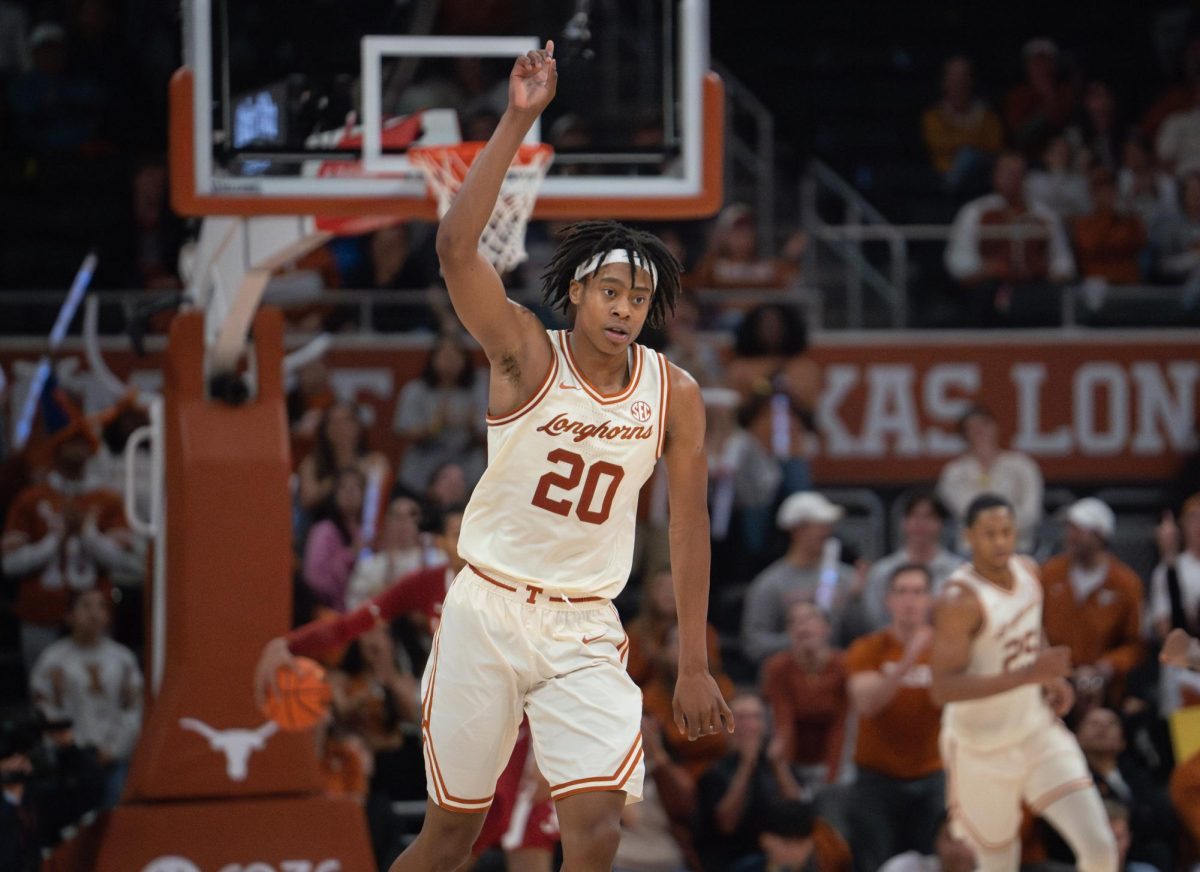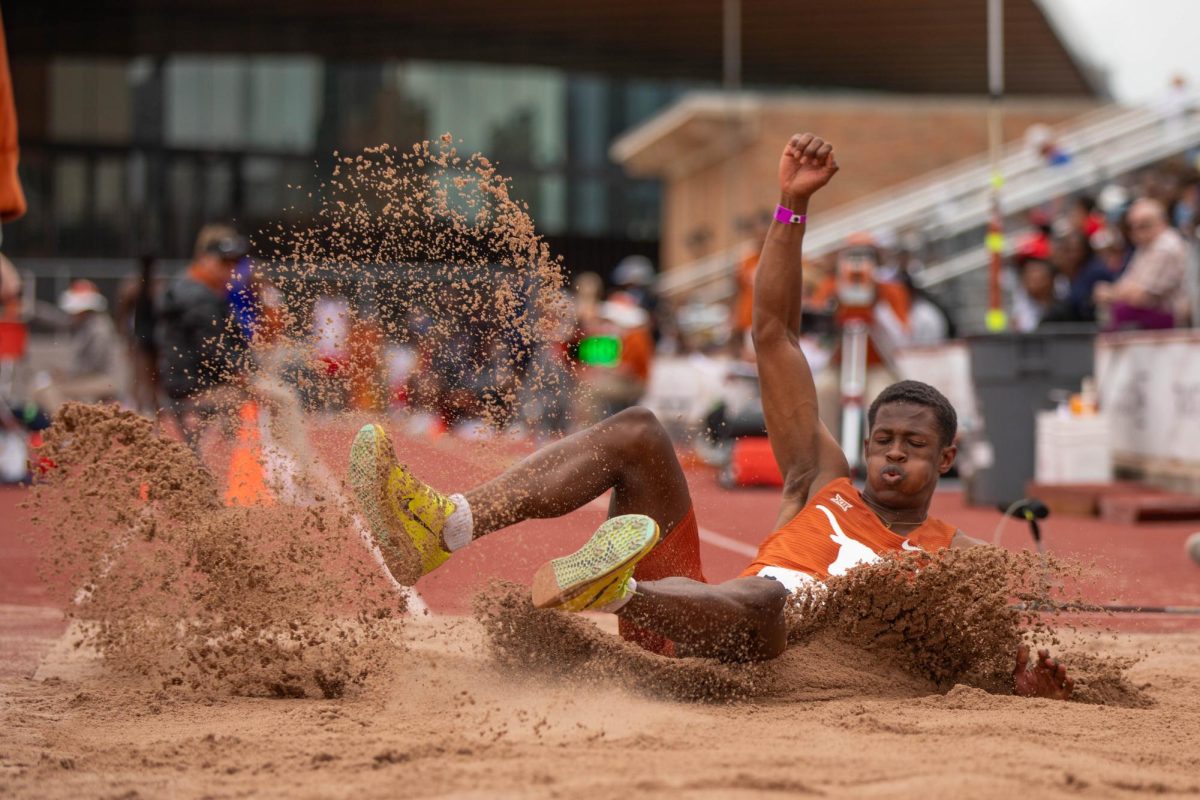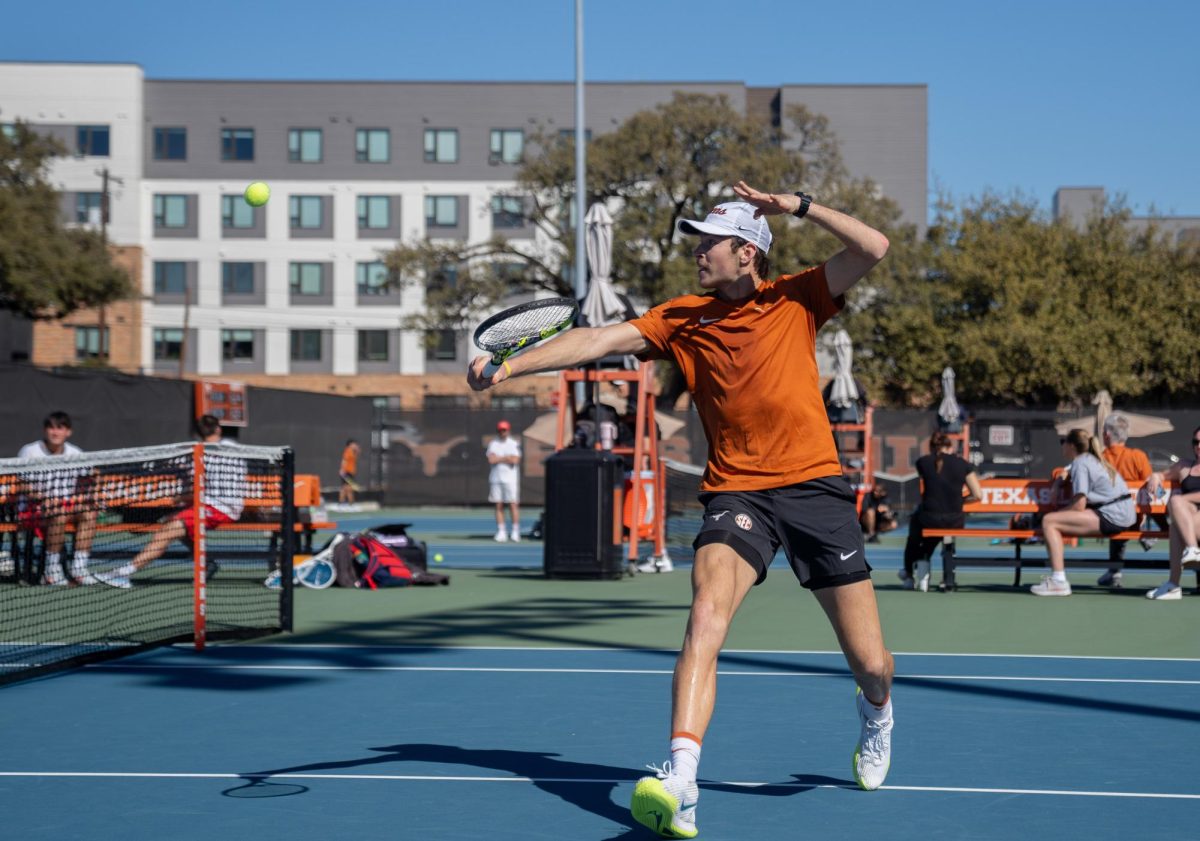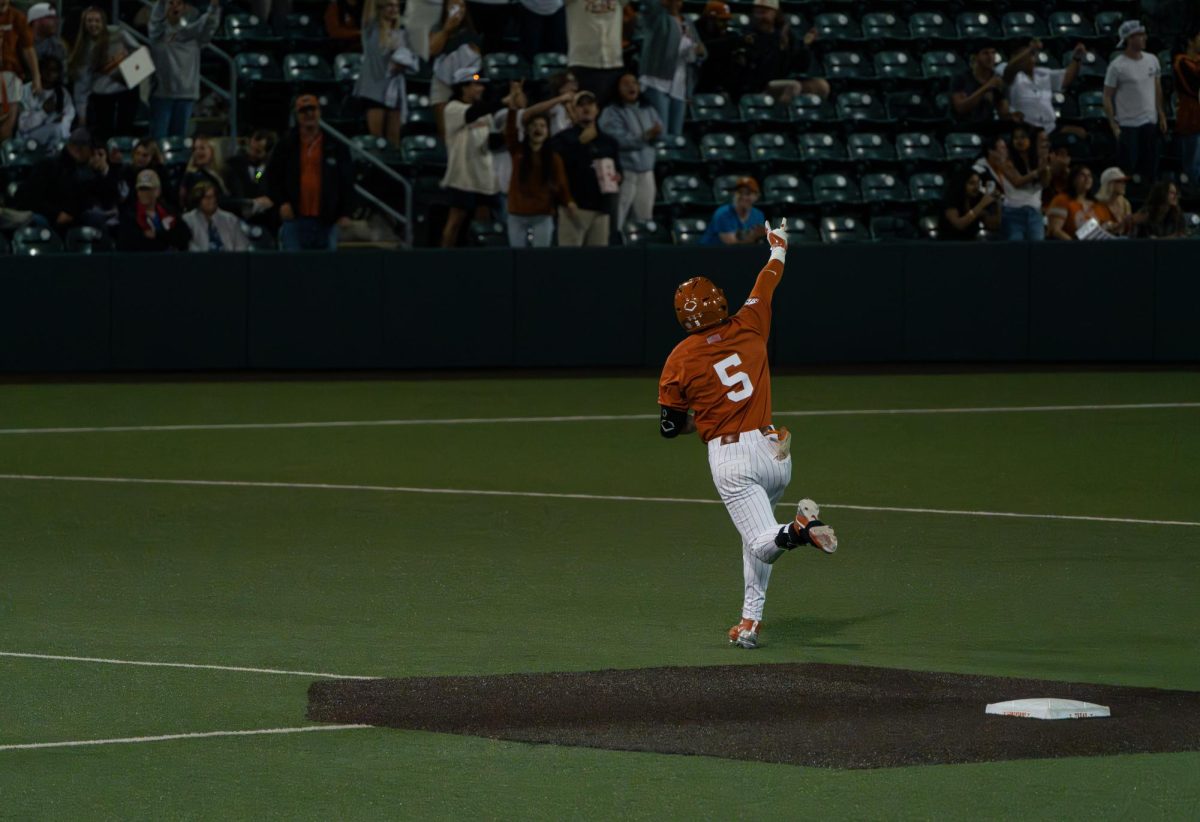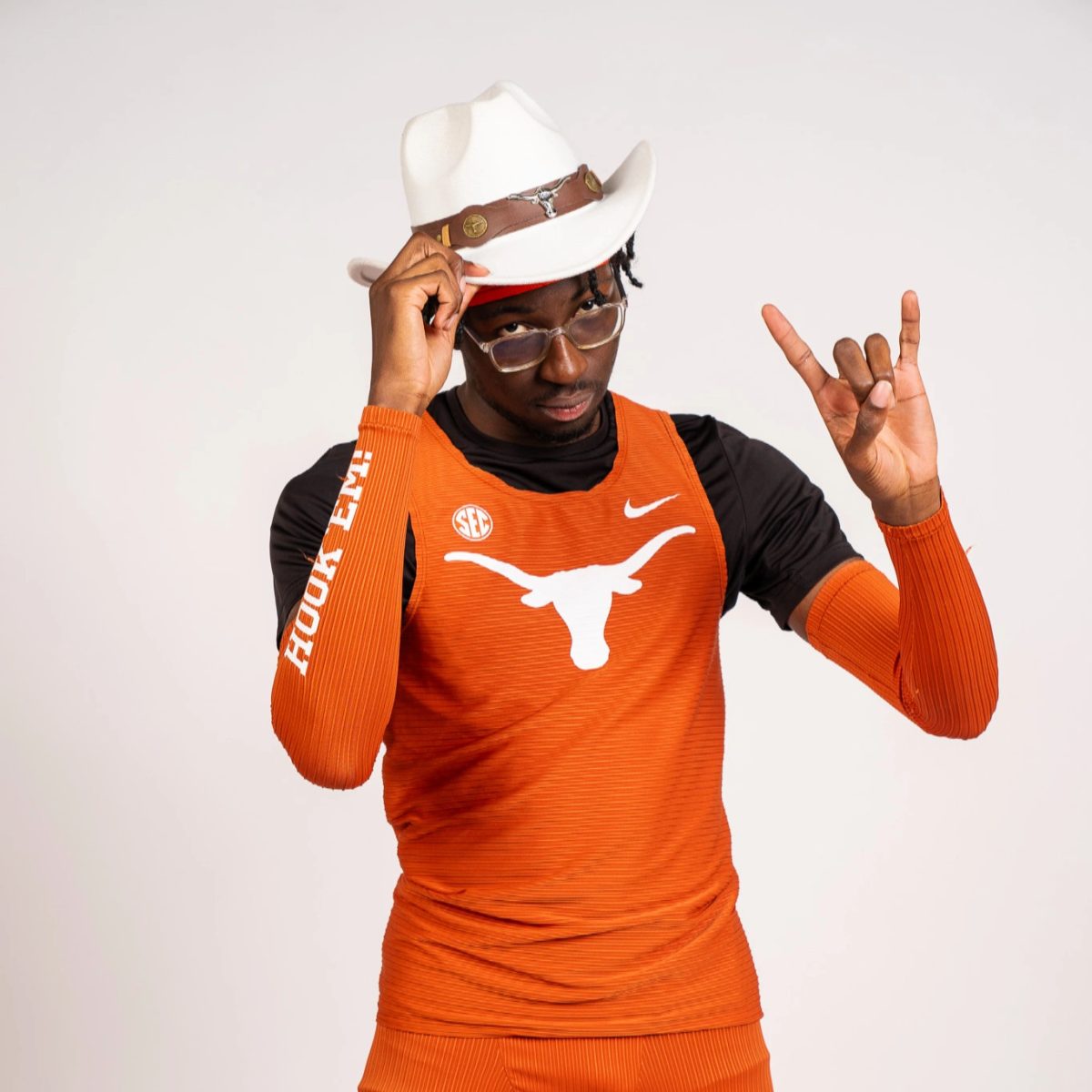Bogged down by football, school and his own thoughts, Kobe Boyce decided he couldn’t push his emotions to the side anymore.
The former Texas cornerback announced July 18 that he’d be stepping away from football to focus on his mental health. Boyce, a rising senior, said he’s struggled with depression for years. Now free from football, he’s already seen himself improve.
“My mom just saw me. … She said she hasn’t seen me look this healthy in a long time,” Boyce said. “I feel like a million bucks right now.”
But it took Boyce years to reach this point, partly because he couldn’t identify the problem. He recalls initially characterizing depression as a state of extreme sadness, a “dark cloud.” It wasn’t until Boyce took a health class at UT that he learned depression manifests differently in people.
His mother, Mary Boyce, said he became more irritable and argumentative, and she wondered if he was getting the full extent of what UT had to offer outside of athletics.
“I think he was lonelier than we thought,” Mary said. “He’s always been a real popular kid and coming to a school like Texas … (making friends) didn’t happen as easily as he probably thought it would.”
Despite being on a team of over 75 people, Kobe said football didn’t help. One practice would end at 8 or 9 p.m., and he’d have to be up for another at 5 or 6 a.m. Kobe said he would battle between staying up to enjoy life or going straight to bed. UT’s coursework is hard too, Kobe said. Often, he would “crawl through the day.”
Once the pandemic hit, Kobe lost weight, broke out and played video games all day. Had he not spoken up, it would’ve probably been a worse story, he said.
“(Compartmentalizing) is damn near impossible when you get to a point when you can’t even think,” Kobe said. “Don’t ever feel like you need to be silent about what you’re going through.”
Support from his family made leaving football easier, Kobe said. Mary said her son has a testimony that can help other people, so she’s proud of him for speaking out and empowering other athletes to do the same.
More people are starting conversations, but Kobe said he believes the stigma surrounding men’s mental health hasn’t changed, especially in sports where people who open up can be labeled “soft.”
“All these people that are showing love and stuff — I love it,” Kobe said. “But it has to start within the system of where you’re in … I don’t think I’ve heard the words ‘mental health’ in football.”
Aaron Rochlen, a professor in the Department of Educational Psychology, said this phenomenon could be attributed to stereotypes about male athletes which characterize them as tough and able to handle rigorous situations.
“Depression doesn’t really play that game,” Rochlen said. “When you’re in a competitive world of physical sport and you’re struggling with feelings of vulnerability, … it can be really incompatible.”
Football began making Kobe feel more stressed than happy, but he said he doesn’t regret playing at Texas. Starting against LSU last fall and meeting so many great people, including his idol Peyton Manning at a practice, are moments Kobe said he’ll tell his future kids about.
Mary said Kobe will still have to navigate the highs and lows of depression and face new challenges as a regular student, such as tackling his studies without resources provided by Texas Athletics, but he’s excited for what’s next.
“I’m not in the loop,” Kobe said. “I really want to have an actual college experience, walk around and stuff. … I was on the run all the time.”

